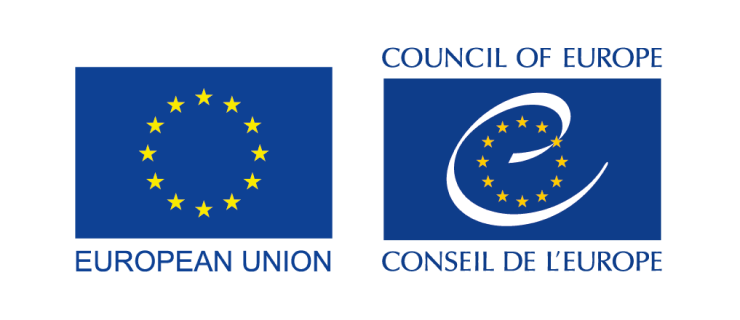International Organisation Resource
Thematic Fiche: Building bridges through inclusive and cross-border history education
Working Group on Promoting Common Values and Inclusive Education • European Commission • 2020
Levels and forms of education
Primary Education
Lower Secondary Education
Upper Secondary Education
Resource type
Conceptual or themathic publications
Historic approaches concerned
Transnational History
Historic period
No data
Countries or areas concerned
No data
Languages
English
Description
This Thematic Fiche was produced by the members of the ET 2020 Working Group on Promoting Common Values and Inclusive Education. The Working Group operated within the context of the 2018-2020 mandate and comprised representatives from Member States and Candidate countries, as well as from relevant EU agencies, stakeholder associations, social partners and international organisations. The Working Group was coordinated by DG EAC of the European Commission, supported by two consultants from Ecorys. The Thematic Fiche addresses one of the two sub-topics covered under Theme 3 of the Working Group’s mandate: ‘Basic knowledge of European history and the multiperspectivity in history, geography and common heritage and awareness of the cultural and social diversity of the Member States of the European Union’. The first version was prepared for the Peer Learning Activity (PLA), which took place in Zagreb, Croatia on April 4 and 5, 2019. This PLA was entitled: Promoting common values and inclusive education through cooperation between education institutions and civil society: Exchanging national approaches and experiences. The following document, building on presentations and discussions in Zagreb and Brussels serves as a tool to share the major insights, findings and discussions of the Working Group experts on the way in which inclusive history education can build bridges between communities and cross borders. The Fiche presents key concepts and research on the topic at both European and international level. Working Group experts and other participants at the PLA in Croatia and subsequent Working Group meeting in Brussels have contributed to this Fiche by suggesting additional challenges, key messages and inspiring practices. The learning and teaching of history is perhaps the most discussed school subject, as it directly relates to values of nation states and the beliefs of politicians, academics, history education specialists, pedagogues, practitioners and general public contribute to these debates, all from their particular point of views. It often seems to be an endless debate, reflected in regularly recurring curriculum changes in many countries. Since the end of World War II, and increasingly after the Fall of the Wall, an international network of academics and history teaching professionals has become engaged in addressing the role of history education in relation to conflicts and inclusive societies. Together they have created a core of basic approaches and competences, which are seen as sound and innovative history education.
Keywords
European Union
European Commission
diversity
multiperspectivity
citizenship competences
historical thinking
EU
history education
history teaching
ET 2020 working group on promoting common values and inclusive education
critical thinking
analytical skills
